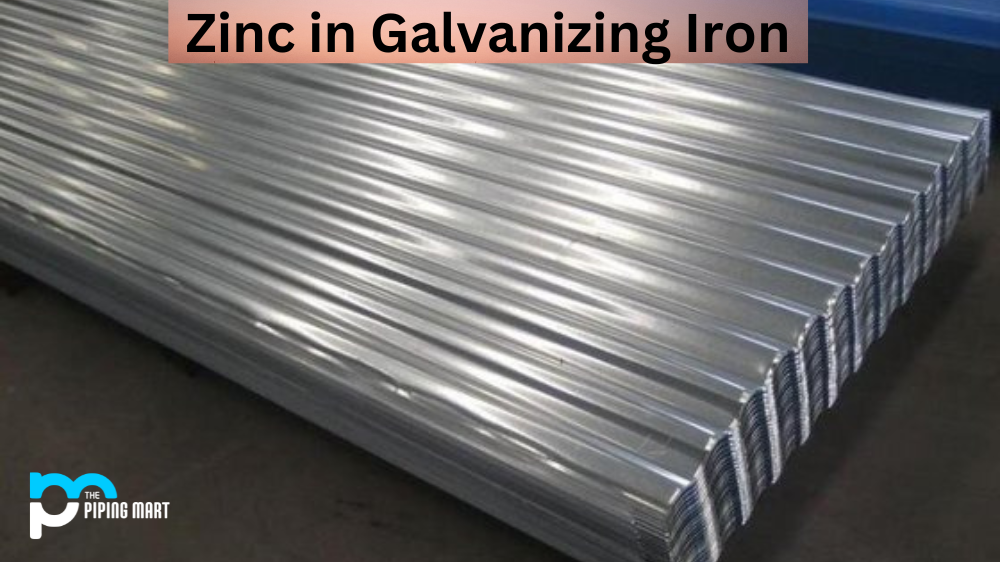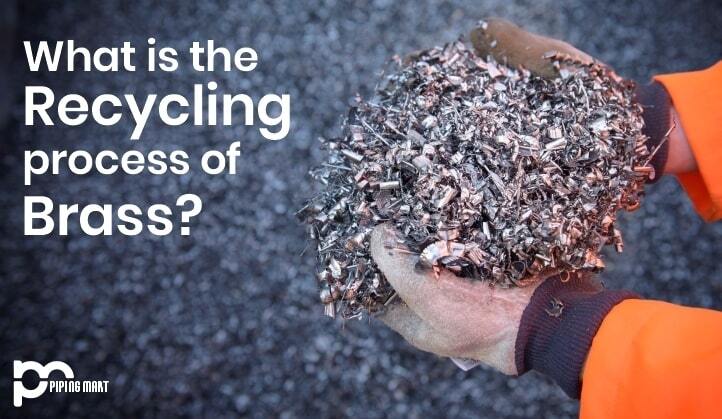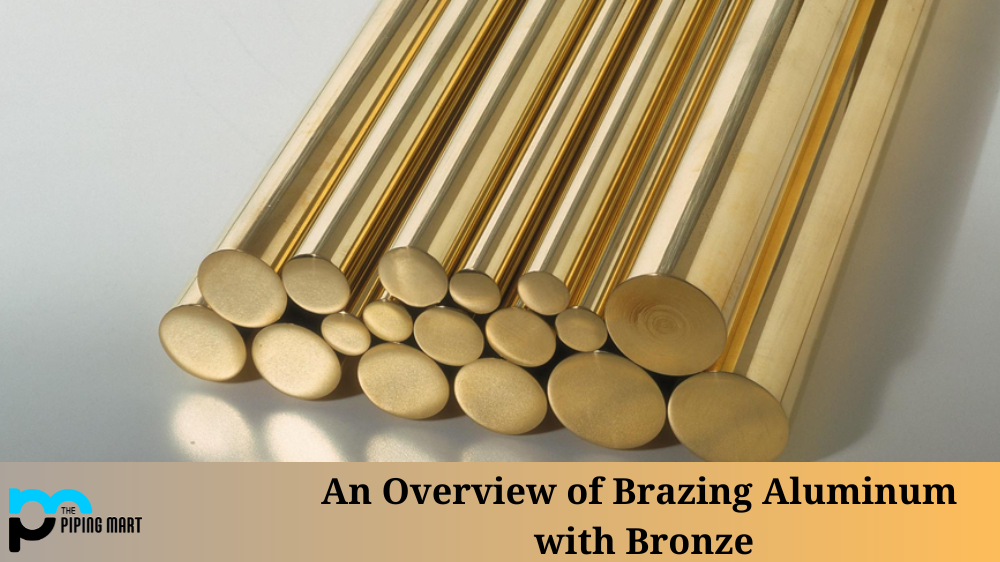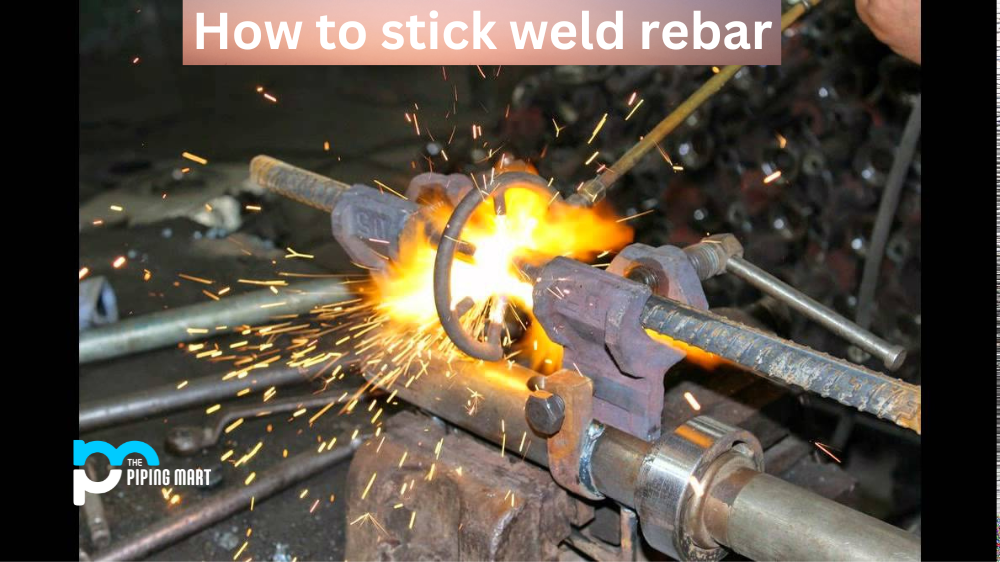Galvanizing is the process of coating a layer of zinc onto iron or steel to protect it from corrosion. This method has been used for centuries and is still an effective way to keep metal objects looking new and lasting longer. But why is zinc used instead of copper? Let’s take a look at the advantages that make zinc the better choice for galvanizing iron or steel.
Why zinc is used in galvanisation
Zinc is widely used as a metal for protecting steel from corrosion and rust. This process, called galvanization, involves zinc oxidizing and providing a sacrificial barrier to the steel; zinc is much more prone to oxidation and acid corrosion than steel, thus zinc takes the brunt of the damage instead of allowing the steel to suffer it. Zinc will corrode first so that any damaging acid gets blocked off before it can corrode the steel beneath. As such, zinc has become an essential element in galvanising structures today, protecting them from long-term corrosive damage and prolonging their lifespan significantly.
Zinc vs. Copper
The main reason why zinc is chosen over copper for galvanizing iron or steel is that it’s more cost-effective. Zinc costs less than copper, which makes it an ideal option when budgeting constraints are an issue. Another advantage is that zinc provides better protection against corrosion than copper does, making it a more reliable option in some cases. This makes it particularly useful in areas where salt water or harsh weather can take its toll on metal objects.
In addition, zinc forms a tightly bonded layer, unlike copper, on the surface of the metal object being galvanized, providing extra protection against rust and corrosion. This tight bond also helps create a smoother finish that looks more aesthetically pleasing. It’s also important to note that zinc doesn’t react with other metals as easily as copper does, so there’s less chance of discoloration occurring on the surface after galvanization has taken place.
Finally, one of the biggest benefits of using zinc for galvanization over other metals like copper is its ability to self-heal when scratched or damaged in any way. When exposed to moisture, the zinc will form a protective oxide layer on top of any scratches or dents that may have occurred before galvanization took place. This self-healing effect can help extend the life span of whatever object was galvanized by protecting it from further damage due to rust and corrosion.
Conclusion
Overall, when compared to other metals like copper, zinc offers many advantages when it comes to using it in galvanizing iron or steel objects, such as being more cost-effective and providing superior protection against corrosion and rusting due to its tight bond with the metal surface and its ability to self-heal when scratched or damaged in any way. These factors make zinc a great choice for anyone looking for an affordable option for protecting their metal goods from rust and corrosion without sacrificing quality or aesthetics in the process.

Abhishek is a seasoned blogger and industry expert, sharing his insights and knowledge on various topics. With his research, Abhishek offers valuable insights and tips for professionals and enthusiasts. Follow him for expert advice on the latest trends and developments in the metal industry.




